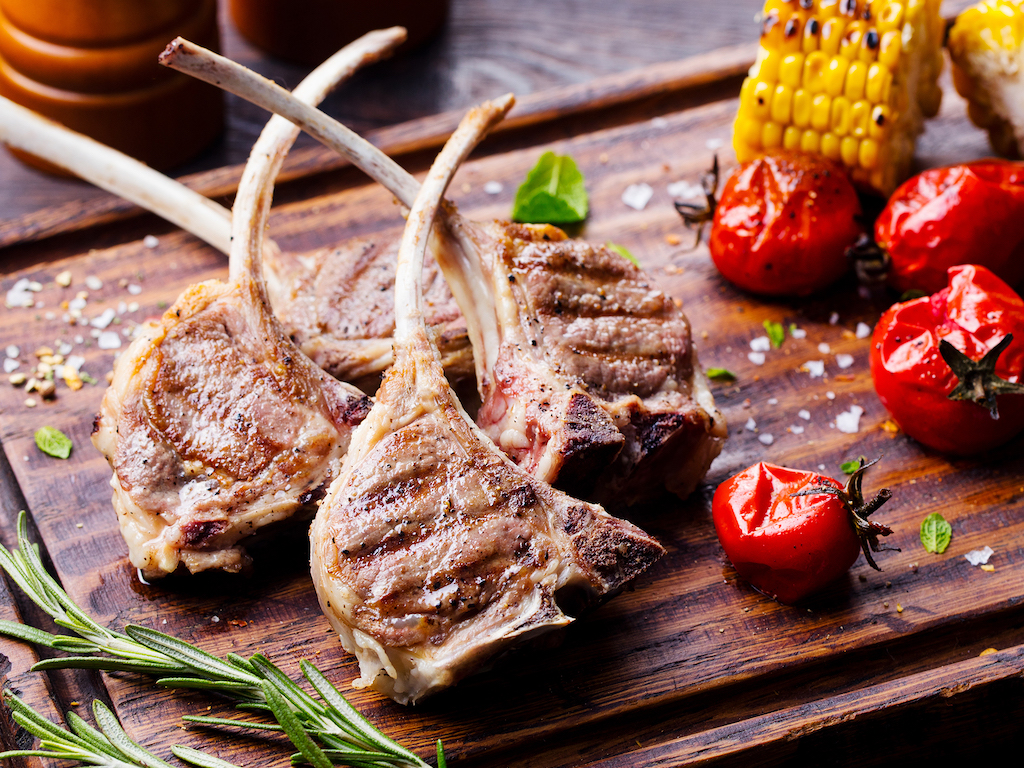Magic Valley Launches As Australia’s First Cultured Lamb Food Tech
3 Mins Read
Australian startup Magic Valley has launched as the first Australian food tech cultivating lamb meat. Based in Melbourne, it wants to be the leading provider of slaughter-free cultured lamb mince, chops, strips and even lamb steaks, grown directly from cells and without the use of FBS or animal-based products.
Founded by Paul Bevan, Magic Valley is the first food tech in Australia looking to disrupt the US$96.5 billion global market for sheep and lamb meat with cellular agriculture. By developing cultured lamb meat, the startup wants to end the unsustainable nature of livestock farming and the ethical issues related to lamb meat production, which requires slaughtering baby sheep.
“Magic Valley’s cultured meat products will provide Australians with a slaughter-free alternative to factory-farmed lamb,” said Bevan.
Outside of Australia, California’s Orbillion Bio, the startup developing premium heritage cell-based land mammal meats like elk and wagyu beef, are also eyeing culturing lamb as one of their products. Meanwhile, Dublin plant-based wild meats startup Black Sheep Foods is disrupting the lamb market with their pea protein-based New Zealand heritage lamb product.
Our first product will be a mince product. We will then look to produce lamb strips and chunks…then progress onto the more structured products such as steak and chops.
Paul Bevan, Founder & CEO, Magic Valley
Fellow Australian startup Vow Food, based in Sydney, are culturing a range of exotic meats such as kangaroo, alpaca and goat.
“Our first product will be a mince product,” Bevan told Green Queen Media. “We will then look to produce lamb strips and chunks for the Asian and Middle Eastern markets, then progress onto the more structured products such as steak and chops, which will include the 3D bioprinting of bone.”
Focusing on lamb is also distinctly Australian, with the country being the world’s largest sheep exporter – it ships 56% of its lamb and 95% of its mutton to overseas markets.
“Given Australia’s excellent reputation for food safety, security and producing quality sheep, lamb was the obvious choice,” commented Bevan. Magic Valley is therefore setting its sights on becoming a leading cultured lamb exporter – it has ambitions to expand globally to China, Greater Asia, the U.S. and the Middle East.
As a vegan himself, Bevan says that the Melbourne-based startup has shunned the use of any animal-based products in the development of cell-based lamb, including fetal bovine serum or FBS, which involves drawing blood from a bovine fetus in slaughterhouses.
Instead, Magic Valley uses a number of commercially available FBS-free culture mediums, and are also developing their own animal-free serums to develop their ovine cell lines.
“By completely avoiding the use of any animal products, not only do we avoid the ethical concerns of using FBS, but we also avoid the distinct scalability issues associated with the batch variability of FBS,” Bevan told Green Queen Media.
Our goal is to have a product ready for production within 24 months.
Paul Bevan, Founder & CEO, Magic Valley
Leading R&D and technical development at Magic Valley is Professor Paul Verma, whose research lab published the first international reports on cattle and reprogrammed sheep induced pluripotent stem cells or iPSCs, and Dr. Jun Liu, who developed the first human iPSC line in Australia.
With its team of scientists and fuelled with its current seed fundraising round, Bevan estimates that it isn’t long before Magic Valley will be able to make cultured lamb a reality for Australian and global consumers.
“[Our] first products are expected to be available on shelves in the next 12 to 24 months,” said the founder. “We’re now closing out our first round of external capital in order to complete our prototype development and scale our lab facilities.”
Magic Valley will still face regulatory hurdles, with Singapore being the first and only country so far having approved the commercial sale of cultured meat, but the food tech is going to gear up to be ready to launch pending developments.
“Our goal is to have a product ready for production within 24 months.”
Lead image courtesy of Alamy.




